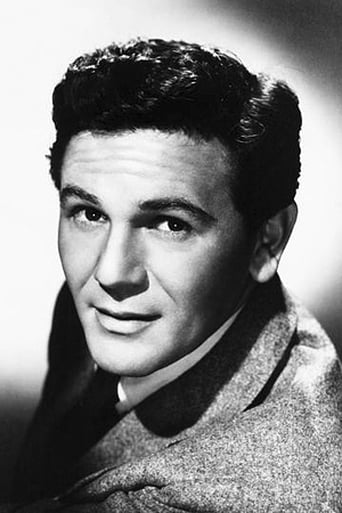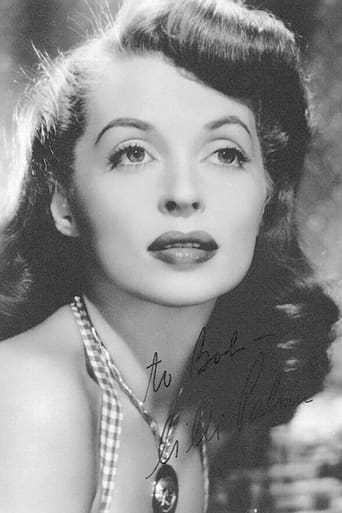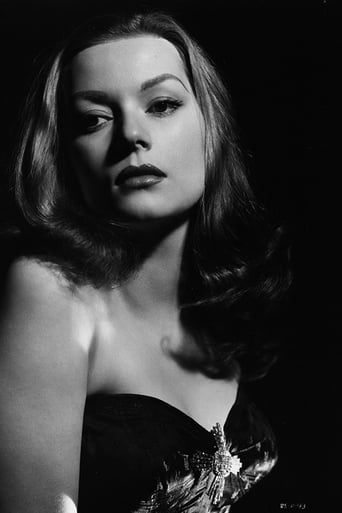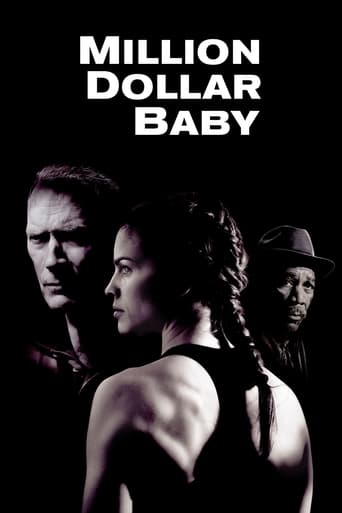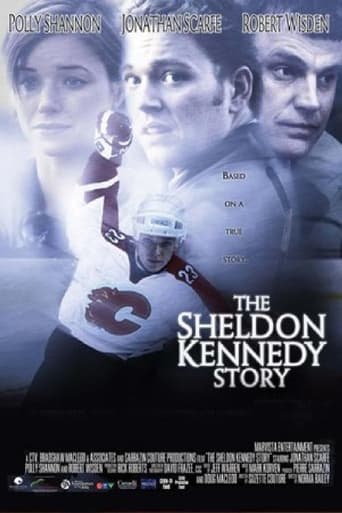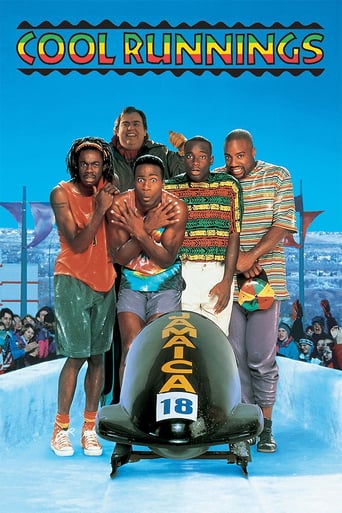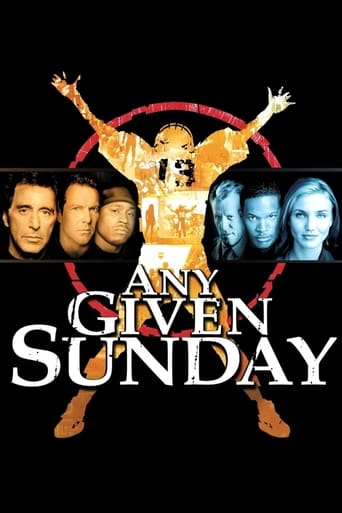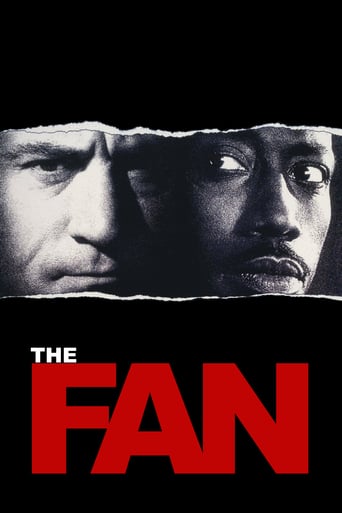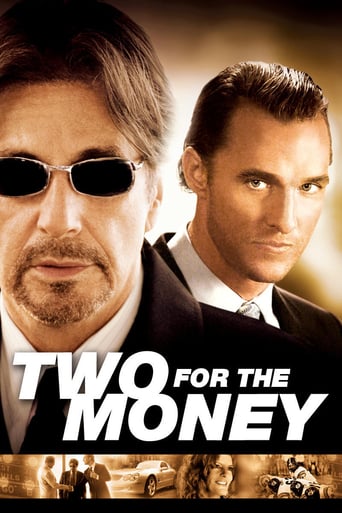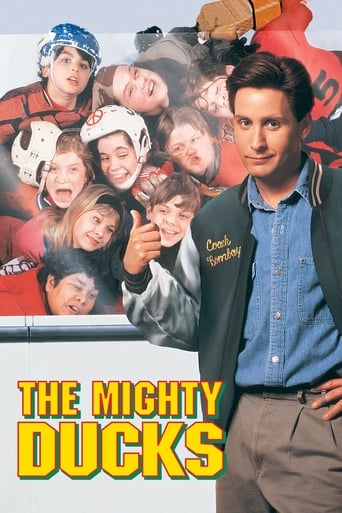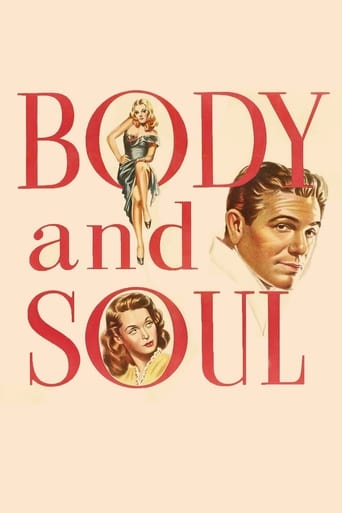
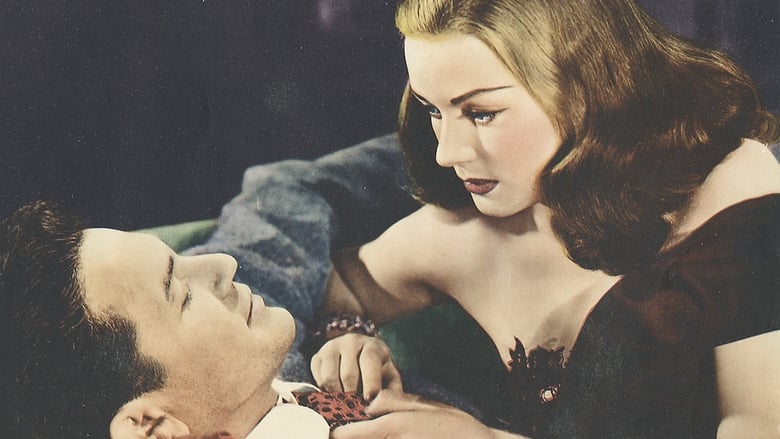
Body and Soul (1947)
Charley Davis, against the wishes of his mother, becomes a boxer. As he becomes more successful the fighter becomes surrounded by shady characters, including an unethical promoter named Roberts, who tempt the man with a number of vices. Charley finds himself faced with increasingly difficult choices.
Watch Trailer
Cast
Similar titles

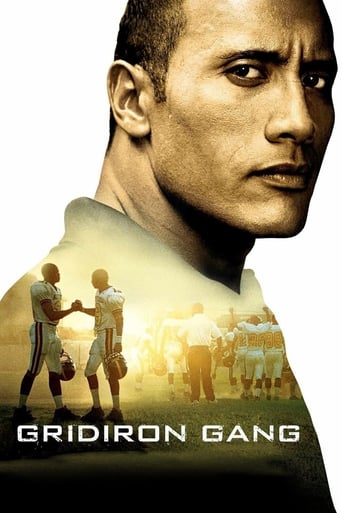
Reviews
the audience applauded
Admirable film.
This is one of the few movies I've ever seen where the whole audience broke into spontaneous, loud applause a third of the way in.
The film may be flawed, but its message is not.
"Body and Soul" released by United Artists in 1947, was apparently made after actor John Garfield got out of his Warner Brothers contract. He had made many films with them, but wanted to be more independent. In this film, Garfield plays Charley Davis, a lower middle class New Yorker with a talent for boxing. Not unlike many boxers, certainly of that time period, using your fists for sport was a way out of your meager background. While I have never been a big fan of John Garfield and did not consider him a top notch actor of the golden age of Hollywood, this part does seem made for him. Garfield is quite good here, playing the conflicted Charley with skill and credibility. There are actually few real boxing scenes in the film, except for the end, and that is why labeling this as a 'boxing movie' seems a bit deceptive. There are capable supporting players, including the lovely Lili Palmer, who loves Charley. Robert Conrad and Lloyd Gough ably play the tough guy thugs who want Charley to sell his soul for money. A notable performance by African-American actor Canada Lee is striking - considering this is 1947 and is treated as an equal by the white actors. Garfield was known for his politically liberal views, and perhaps this is why he later ended up as an enemy of the Communist witch hunters in Washington. Garfield's untimely death at age 39 was a shock to many - his funeral was mobbed by thousands. Perhaps this elevated his image above the work he left behind in film - but still, this film and a handful of others are quite good.
John Garfield is a fighter taken over "Body and Soul" in this 1947 Faustian drama about a man who becomes too heady with success and too greedy, eventually signing on with a crooked fight promoter. Garfield is supported here by Lilli Palmer, Anne Revere, Hazel Brooks, William Conrad, Canada Lee and Lloyd Gough.American filmmakers love boxing movies, and why not? It's a one on one brutal action sport that has inherent in it good drama because of what is at stake for people who most likely came from nothing and used their fists on the street. "Body and Soul" is no different in this regard, but it's one of the best of its kind. It also boasts an unusual and exceptionally talented cast.The film is loaded with conflict for Charlie Davis (Garfield) - his mother (Revere) doesn't want him to fight; he's in love with Peg (Palmer) and wants to marry her but is talked into delaying it when he signs on with a new and corrupt promoter, Roberts (Gough). This will be the first of Charlie's concessions and unfortunately not the last. He fights Ben (Lee), but isn't told that the man has a blood clot and he needs to coast through only a few rounds. Instead, he pulverizes Ben, causing further brain damage, and takes him on as a trainer out of guilt. Then he's seduced by a money-hungry babe named Alice (Brooks). And on and on, until Roberts bets against him and orders him to take a dive in the championship fight he's been waiting for. (With all the films done about taking dives, anyone who bets on a fight is nuts.) Something about this movie - maybe it's the theme song, which is one of my favorites - swept me away. It's one of Garfield' most colorful performances, and the beautiful, classy Palmer is a perfect juxtaposition not only to the streetwise Charlie but the trashy Alice.The truly transcendent role and performance is essayed by Canada Lee, a wonderful actor who died too young and had too few opportunities in film. His performance as the volatile, ill Ben was Oscar-worthy. Like Ben Carter in "Crash Dive," the fact that Lee is black does not enter into the script at all, and he is treated as an equal. For all the rotten stereotyping done in films at that time, there were a few scripts that defied it. Lee was blacklisted and died in 1952 (the same year that John Garfield died), at 45, almost literally of a broken heart. He left a legacy of five films and some wonderful stage work, including Orson Welles' all-black Macbeth. Cast members Garfield, Lee, Anne Revere, Lloyd Gough, Art Smith, Shimen Ruskin, scriptwriter Abraham Polonsky and producer Bob Roberts would all find themselves blacklisted, and director Rossen would be threatened but admit to being a Communist and name names.Magnificently photographed in black and white by James Wong Howe and with top direction, "Body and Soul" is an example of how wonderful film can be.
This boxing picture deals with the seedier side of the business; (is there any other?). It helps that it was written by Abraham Polonsky whose script is suitably cynical and hard-boiled. John Garfield is the pugnacious fighter easily swayed by the prospects of easy money and not adverse to taking a dive. It's a fine, hard-nosed performance. Garfield was always at his best in roles that required him to battle with his conscience.The whole movie is well cast. The under-rated Lilli Palmer is fine as the 'nice' girl who loves him as is Hazel Brooks as the 'bad' girl who seduces him while the villains are ably taken care of by Lloyd Gough and William Conrad. Best of all there is Anne Revere as Garfield's mother. (Did Revere play everybody's mother movies?). It's another of her no-nonsense roles. Revere was one tough cookie who kept her heart of gold well-hidden. The climatic fight scene is very well staged and Robert Parrish and Frances Lyon's editing won the Oscar while James Wong Howe's cinematography adds considerably to the realism.
Iloved this movie at the time. it seemed to be about real life in the USA and there weren't many movies like it at that time. The leads;Garfield and Palmer were superb,the former a graduate of Yiddish theatre, the latter a refugee from Hitler's Europe. the melodramatic roots were there from which 'the method' later grew, with performers like Brando, Dean and Poitier portraying the wounded and suffering hero.(Did Mel see this movie?} it also anteceded 'Marty' the quintessential realist U.S.struggling migrant antihero movie Where are you Paddy Chayevsky now that we need you? Perhaps what was most striking were the heroes who spoke articulately using words of more than two syllables, reaching its acme in 'Streetcar named desire' where Brando's character refers to 'The Napoleonic code' when he rages about his sister-in-law's possessions. Was the subversive element the depiction of working class heroes who could reason? and whose language had a poetic,almost Shakespearian ring to it? No longer the inarticulate (Tarzanic brute) but someone who could debate issues in the corridors of power: a noble and sexually attractive savage?
